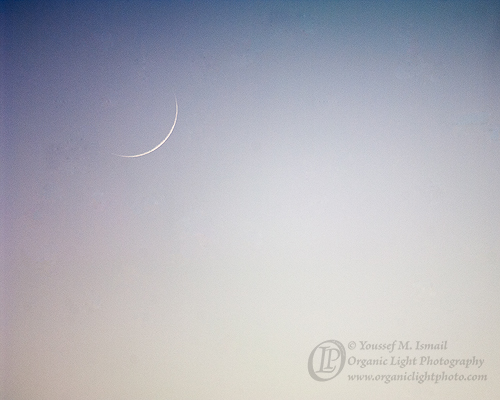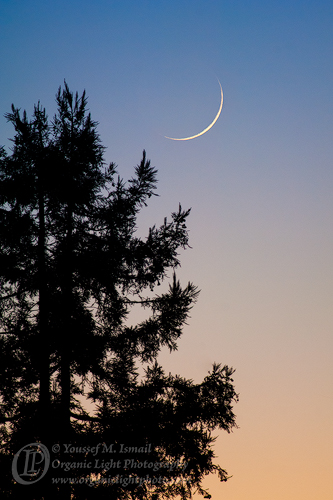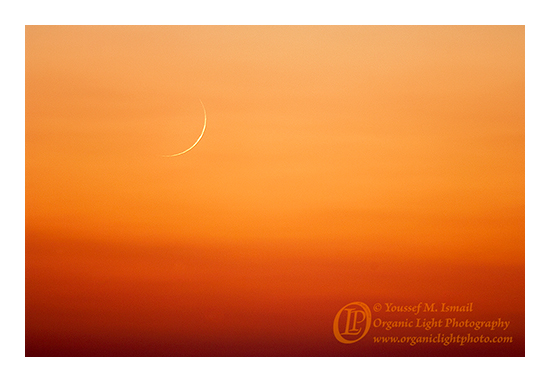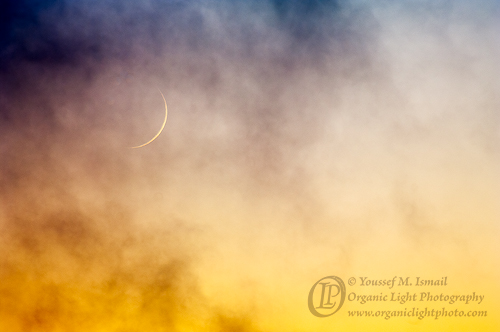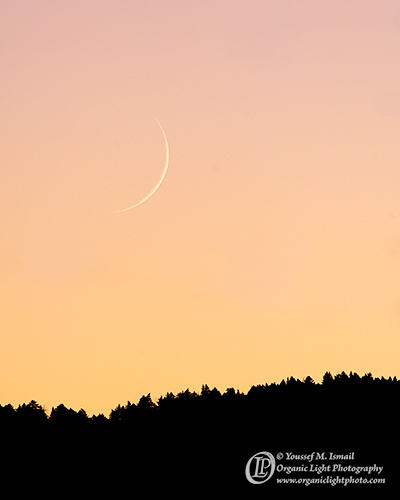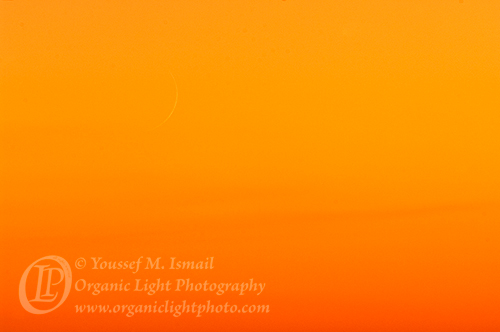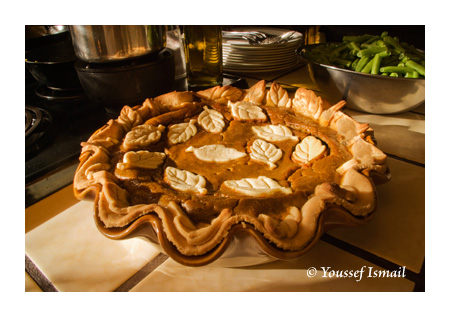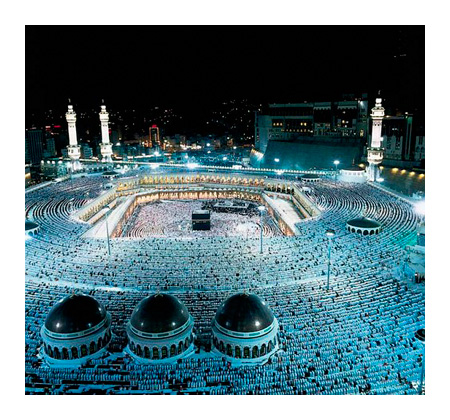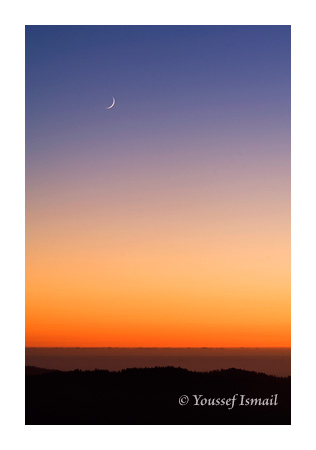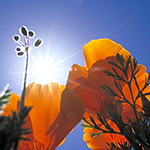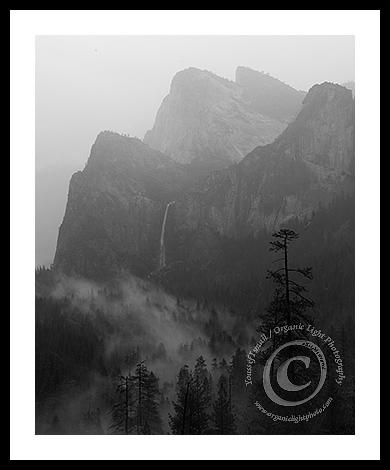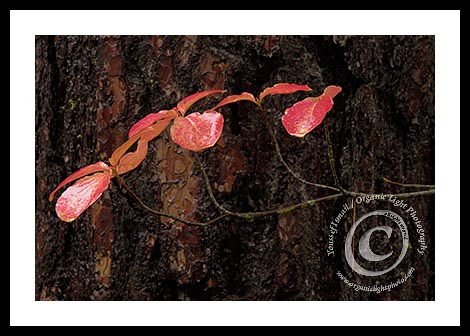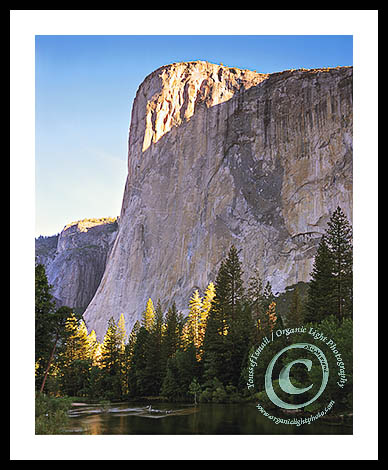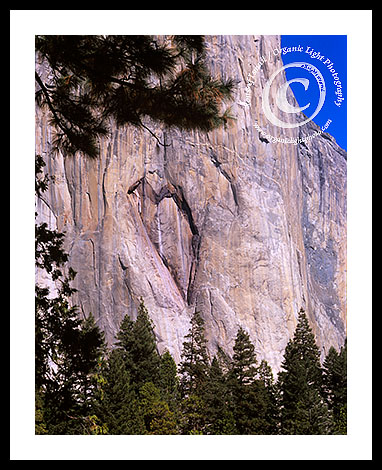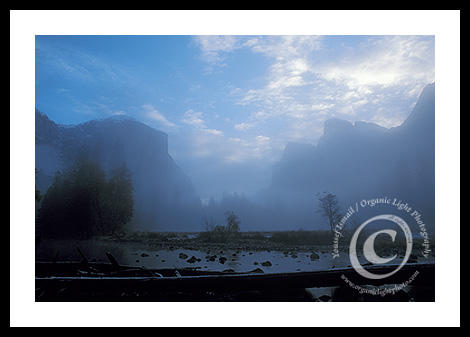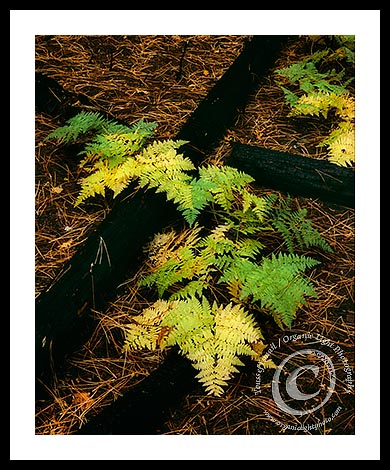The Year That Had No Hajj…Almost
This evening I went out to seek the new crescent moon of the 12th month of the Islamic calendar and the moon that marks the beginning of the Hajj – the Pilgrimage embarked on by Muslims around the world to the Sacred Ancient House, the Kaba, in Mecca.
As I stood there looking into the sky the crescent appeared all alone in the sky, a sky that was void of any other thing, not even the colors of sunset really accompanied this moon. It was somewhat underwhelming.
Normally seeing the new moon brings me much joy. However today I was a little sad. The emergence of this evening’s moon brought in the Islamic month known as Dhul Hijjah, or the possessor of the Hajj, because it is in this 12th month of the Islamic calendar that the Hajj takes place. However this year, because of the global pandemic of COVID-19, the authorities in the Kingdom of Saudi Arabia, the caretakers of the sacred mosque in Mecca decided that it would more prudent to limit the number of pilgrims allowed to make the Hajj this year. In fact, they closed the Hajj to anyone not residing in Saudi Arabia and are limiting the number of pilgrims to only a few thousand.
For Muslims, the Hajj is the fifth pillar of the religion and is an obligation on all able-bodied adults who have the physical health and the financial ability to make the journey. Depending on where in the world a person lives, it is a once in a lifetime trip and some will save for decades before making the journey. I was greatly saddened to hear that the authorities were not granting any Hajj visas this year. But the reason for doing so was well justified. Annually, between 1.5 to 2 million pilgrims will congregate in Mecca and the surrounding area to fulfill the rites of the Hajj. Illness during the Hajj is not foreign and it is expected that one will come down with some type of illness during or afterward. I became very ill immediately after I made the pilgrimage as well as most of my friends that traveled with me. We all had a high fever and chills, followed by severe respiratory infection in the sinuses and lungs. I was ill for almost two weeks. A few of my companions needed to go to the hospital there in Suadi Arabia before we traveled back home. I shudder to think of what might occur if 2 million pilgrims were to contract COVID-19 during the Hajj and then travel back to where they came from. The pandemic might become something that could decimate millions around the world.
So while we might have not been able to visit the Sacred Ancient House, those few Guests of the Compassionate, as the pilgrims are known, will have to carry that community-wide communal obligation for the rest of the world population of the Muslims who will not be making the trip. And while we might be prevented from making Hajj and will probably have to celebrate the Holiday of Sacrifice alone due to social distancing guidelines, we are not alone in spirit.
While we may look up at the moon and think that it is all alone, it looks back down, if it could, and it sees all of us below here on earth, as well as all the trees, mountains, oceans, and animals and together we all glorify our Creator, the Most Compassionate. So this year, in ten days, when the Holiday of Sacrifice is upon us, know that the small sacrifice that we have to make as we socially distance ourselves for the protection of all humanity in trying to quell the spread of this virus that has turned our lives upside down, that it is not an insignificant sacrifice at all.
With that, I wish to all those who will be performing the Hajj this year a blessed and accepted Hajj, and to all the rest an early greeting of Eid Mubarak!
Till next time, stay safe, stay well, protect yourselves and your fellow neighbors and community. Peace to you all!
